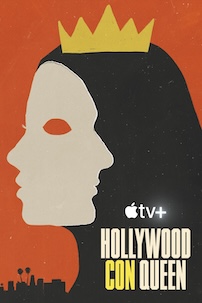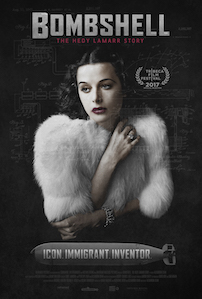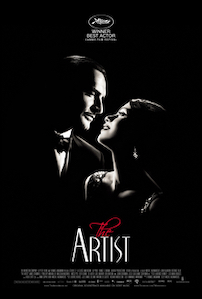A standard but nevertheless fascinating biopic documentary of one of the masters of film and (early) television.
One of the greatest directors of all time, responsible for the likes of The 39 Steps, Rebecca, Psycho, The Birds, Rear Window, North By Northwest (the list could go on), Alfred Hitchcock initially struggled to gain recognition in 1920s London. Art director, set designer, script writer, assistant director before finally taking the helm in 1927 with The Lodger, a (silent) commercial and critical success followed a year later by the first British talkie – Blackmail. He married Alma Reville in 1926 and who remained his closest collaborator for the rest of his (and her) life.
Several box office successes in quick succession saw Hitchcock invited to Hollywood under David O. Selznick and a seven year contract. It was not a smooth arrangement (reportedly two control freaks working together) but the Oscar-winning Rebecca was the first collaboration.
As revealed through archival footage, interviews and film clips, focussed, obsessed, knowledgeable and enormously talented, Hitchcock was not without humour but became notorious through his relationships with his (usually blonde) leading ladies – from Vera Miles to Kim Novak to Tippi Hedren. Success begat success but Hitchcock felt abandoned by Ingrid Bergman and Grace Kelly, both leaving for Europe for love and marriage. Not everything was plain sailing in the US in spite of critical acclaim: Psycho was self-financing, his studio unconvinced that the schlock airport novel material was appropriate.
From film to television, Hitchcock broke new ground – the shower scene in Psycho with its 78 shots and 52 cuts changed cinema forever – and I Am Alfred Hitchcock revels in highlighting the importance. But with so many other films – mostly dealt with chronologically – the Joel Ashton McCarthy documentary is not short of material. Add a great deal of archived interviews with Hitchcock himself and his actors along with contemporary commentary provides comprehensive insight into the man that was Alfred Hitchcock.
Rating: 70%
Director: Joel Ashton McCarthy (After Film School, Taking My Parents to Burning Man)










